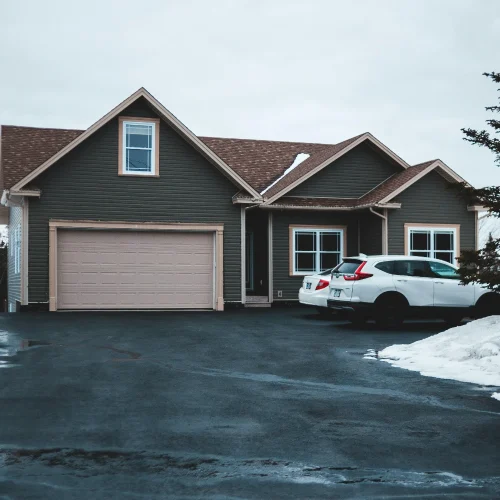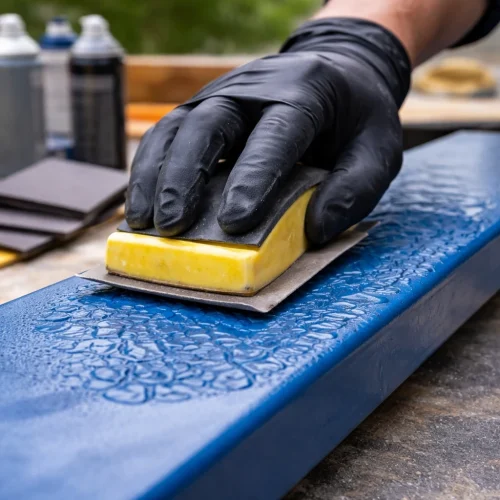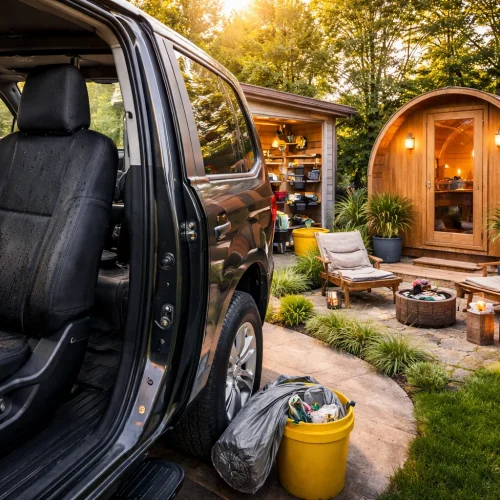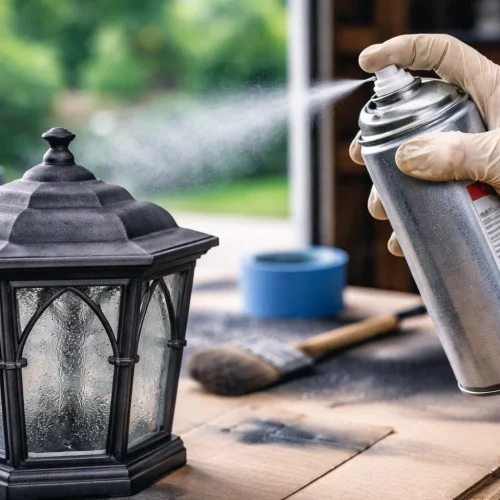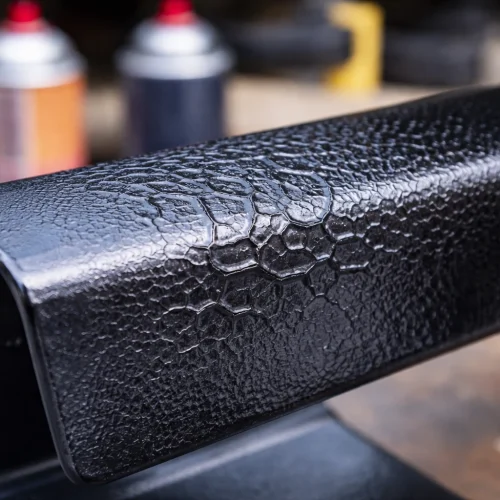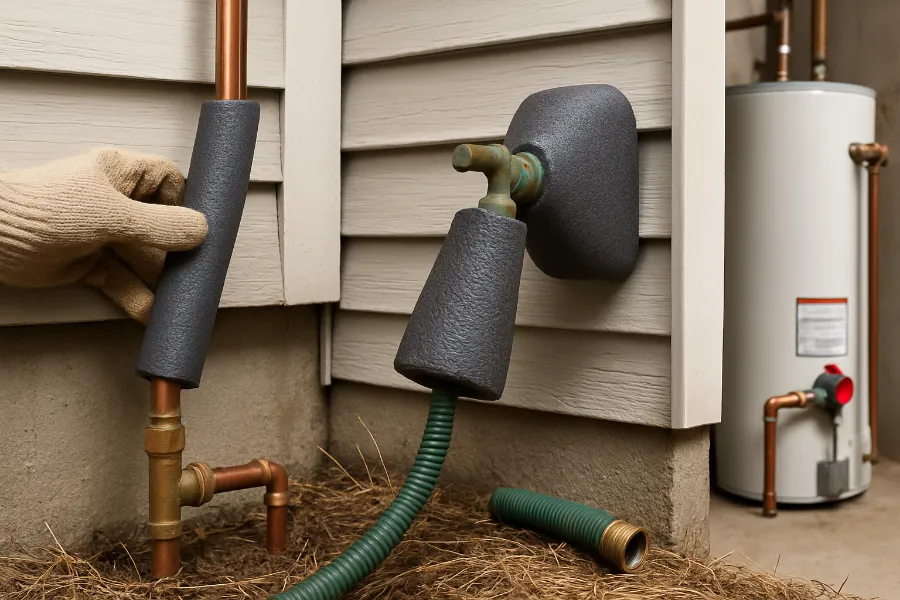
Toronto’s cold winters often test every home’s plumbing system. As temperatures drop, pipes, faucets, and water heaters face extra pressure that can lead to leaks or bursts. Pre-winter plumbing maintenance protects a home from frozen pipes, costly repairs, and unexpected water damage. By addressing small issues early, homeowners keep their systems running smoothly through the coldest months.
Many homes in Toronto have plumbing in basements, crawl spaces, or exterior walls where cold air can reach quickly. Without proper insulation or drainage, these areas can freeze overnight. A few preventive steps before the first frost—such as draining outdoor faucets and sealing gaps—can make the difference between a calm winter and a plumbing emergency.
A well-prepared plumbing system also supports a home’s heating efficiency. Pipes that stay warm use less energy to deliver hot water, which helps manage utility costs. With the right maintenance plan, Toronto homeowners can face winter confidently, knowing their plumbing is ready for whatever the season brings.
Key Reasons Pre-Winter Plumbing Maintenance Is Important
Cold temperatures in Toronto can freeze water inside pipes, strain water heaters, and damage outdoor fixtures. Regular pre-winter maintenance helps protect plumbing systems from freezing, leaking, or failing under pressure, saving homeowners from costly repairs and service calls during the coldest months.
Preventing Frozen and Burst Pipes
Frozen pipes often lead to bursts that cause major interior damage. Water expands as it freezes, creating pressure that cracks pipe walls. Homes with older or exposed plumbing face the highest risk, especially in basements, crawl spaces, and garages.
Homeowners can reduce this risk by insulating pipes in unheated areas with foam sleeves or heat tape. Sealing gaps around walls and floors also stops cold air from reaching plumbing.
Toronto plumbers can inspect at-risk areas and add insulation where needed. Many residents schedule inspections through Toronto plumbers before the first frost to confirm that both indoor and outdoor lines are protected. This step helps maintain a steady water flow even during severe cold snaps.
Minimizing Risk of Water Damage
A small leak can turn into a serious problem once temperatures drop. Ice that forms inside pipes can force water out through cracks, flooding walls, floors, or ceilings. Early maintenance helps detect weak spots before they fail.
Homeowners should check under sinks, behind toilets, and near water heaters for damp spots or stains. Any sign of corrosion or moisture means the pipe needs repair.
Professional inspection can also identify hidden leaks inside walls or under flooring. Fixing these issues early avoids expensive structural repairs and mould growth. Regular maintenance before winter reduces the chance of emergency calls during freezing conditions.
Protecting Outdoor Plumbing Fixtures
Outdoor faucets, hose bibs, and sprinkler systems face direct exposure to freezing air. Water left inside these fixtures can freeze and split metal components. Once that happens, leaks often appear inside the wall cavity behind the tap.
To prevent this, homeowners should shut off outdoor water valves and drain all exterior lines. Hoses must be disconnected and stored indoors to avoid cracking. Installing insulated faucet covers adds another layer of protection.
If the shut-off valve location is unclear or difficult to reach, a professional can handle the task safely. Taking these steps early in the season prevents outdoor plumbing from freezing and saves money on mid-winter repairs.
Guaranteeing Reliable Hot Water Supply
Cold weather forces water heaters to work harder. Sediment buildup or worn parts can reduce heating efficiency, leaving households with lukewarm water or sudden system failure. Pre-winter servicing keeps the unit ready for heavier use.
Flushing the tank removes sediment that collects at the bottom and improves heating performance. Checking the pressure relief valve and thermostat helps confirm safe operation.
Older water heaters may need replacement before winter if they show signs of rust, leaks, or inconsistent temperature. Regular inspection by a qualified plumber helps keep hot water steady during long Toronto winters and prevents unexpected breakdowns.
Best Practices for Winterizing Your Home’s Plumbing
Cold weather can cause pipes to freeze, burst, or leak, leading to costly repairs. Proper preparation protects plumbing systems, conserves water, and helps maintain consistent water pressure throughout the season.
Inspecting and Insulating Exposed Pipes
Homeowners should start by checking all exposed pipes in basements, crawl spaces, and attics. These areas lose heat faster and increase the risk of frozen lines. Pipes near exterior walls or unheated garages need extra attention.
Use foam pipe insulation or fibreglass sleeves to cover vulnerable sections. Secure the insulation tightly to block cold air. For added protection, seal nearby cracks or gaps with caulk or spray foam to stop drafts.
It also helps to maintain a steady indoor temperature of at least 13°C (55°F). Consistent heat keeps water inside pipes above freezing. Opening cabinet doors under sinks allows warm air to circulate around pipes, which further reduces the risk of freezing.
Shutting Off and Draining Outdoor Water Lines
Outdoor water lines and hose bibs face the highest risk of freezing. Before temperatures drop, turn off the interior shut-off valve that controls outdoor faucets. After closing the valve, open the exterior spigots to let any remaining water drain completely.
Disconnect and store garden hoses in a dry area. Leaving hoses attached traps water inside the faucet, which can freeze and split the pipe behind the wall. If the home lacks a separate shut-off valve, installing one adds an extra layer of protection.
Check for any signs of leaks or drips at outdoor fixtures. Even a small leak can allow water to freeze and expand inside the pipe. Once drained, keep the faucet open through winter to prevent pressure buildup.
Scheduling a Professional Plumbing Inspection
A plumbing inspection before winter helps detect hidden problems early. A professional plumber can test water pressure, inspect joints, and check for corrosion or sediment buildup inside the water heater. Removing sediment improves heating efficiency and extends the unit’s life.
Older homes or properties with additions often have complex water lines. A professional can verify that all sections, including those leading to outdoor areas, are properly insulated. This inspection also confirms that the main water shut-off valve works correctly in case of emergencies.
Regular plumbing maintenance each year prevents costly winter damage. It also allows homeowners to plan small repairs before they turn into larger issues during freezing weather.
Emergency Preparation and Ongoing Maintenance
Even with preparation, sudden cold snaps can still cause problems. Every homeowner should know the location of the main water shut-off valve and how to close it quickly if a pipe bursts.
Keep a basic emergency kit nearby with a flashlight, towels, and a portable heater. If a pipe freezes, apply gentle heat using a hair dryer or warm towels. Avoid open flames, which can damage pipes or start fires.
Continue to inspect pipes throughout the season. Look for frost, condensation, or changes in water flow. Regular winter plumbing maintenance helps prevent small issues from escalating. Consistent attention keeps the plumbing system safe and functional through the coldest months.
Conclusion
Proper pre-winter plumbing care helps Toronto homeowners avoid frozen pipes, leaks, and costly repairs. It also keeps water systems safe and efficient through long cold months.
Simple actions such as draining outdoor faucets, insulating exposed pipes, and sealing gaps around plumbing protect the home from cold air. These steps reduce stress on the system and help maintain water flow.
Early maintenance also supports better energy use and prevents emergency calls during freezing weather. Therefore, a well-prepared plumbing system gives residents peace of mind and steady comfort all winter.
FAQs
Pre-winter maintenance helps prevent frozen pipes, leaks, and costly emergency repairs during severe cold weather.
Basements, crawl spaces, garages, and exterior walls are most vulnerable because they are less insulated.
Insulation keeps pipes warmer, reducing the chance of freezing and maintaining stable water flow.
They should be shut off and drained before the first frost to prevent freezing and pipe bursts.
Damp spots, mould growth, musty smells, or unexplained increases in water bills can indicate a hidden leak.
Most professionals recommend servicing water heaters once a year, especially before winter.
Yes, foam sleeves and heat tape can be installed by homeowners, but a professional can ensure full coverage in harder-to-reach areas.
Turn off the main water supply and gently warm the frozen section with a hair dryer or warm towels—not open flames.
It is usually far less costly than repairing burst pipes or water damage caused by freezing.
Early fall is ideal, before temperatures drop consistently below freezing.


